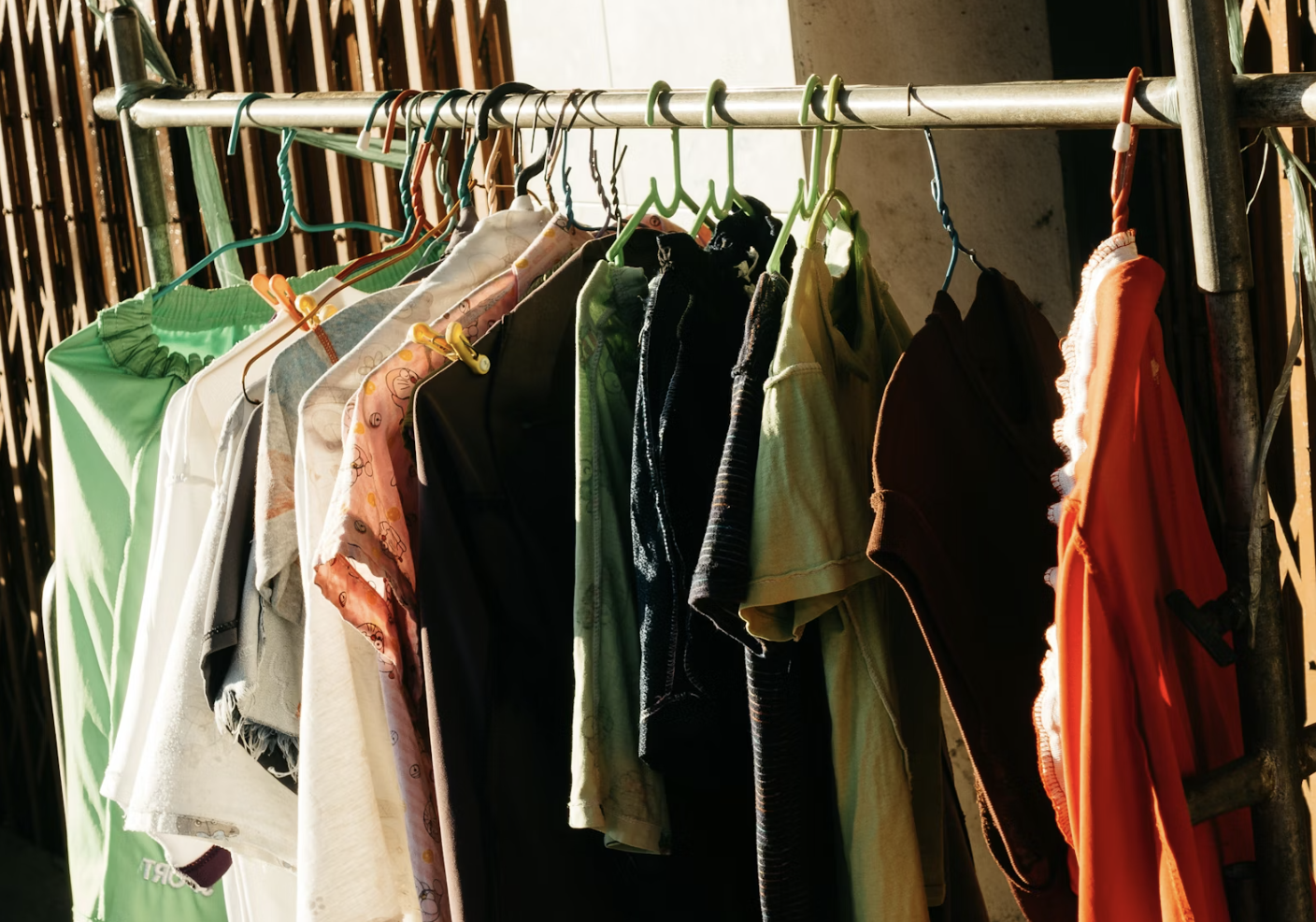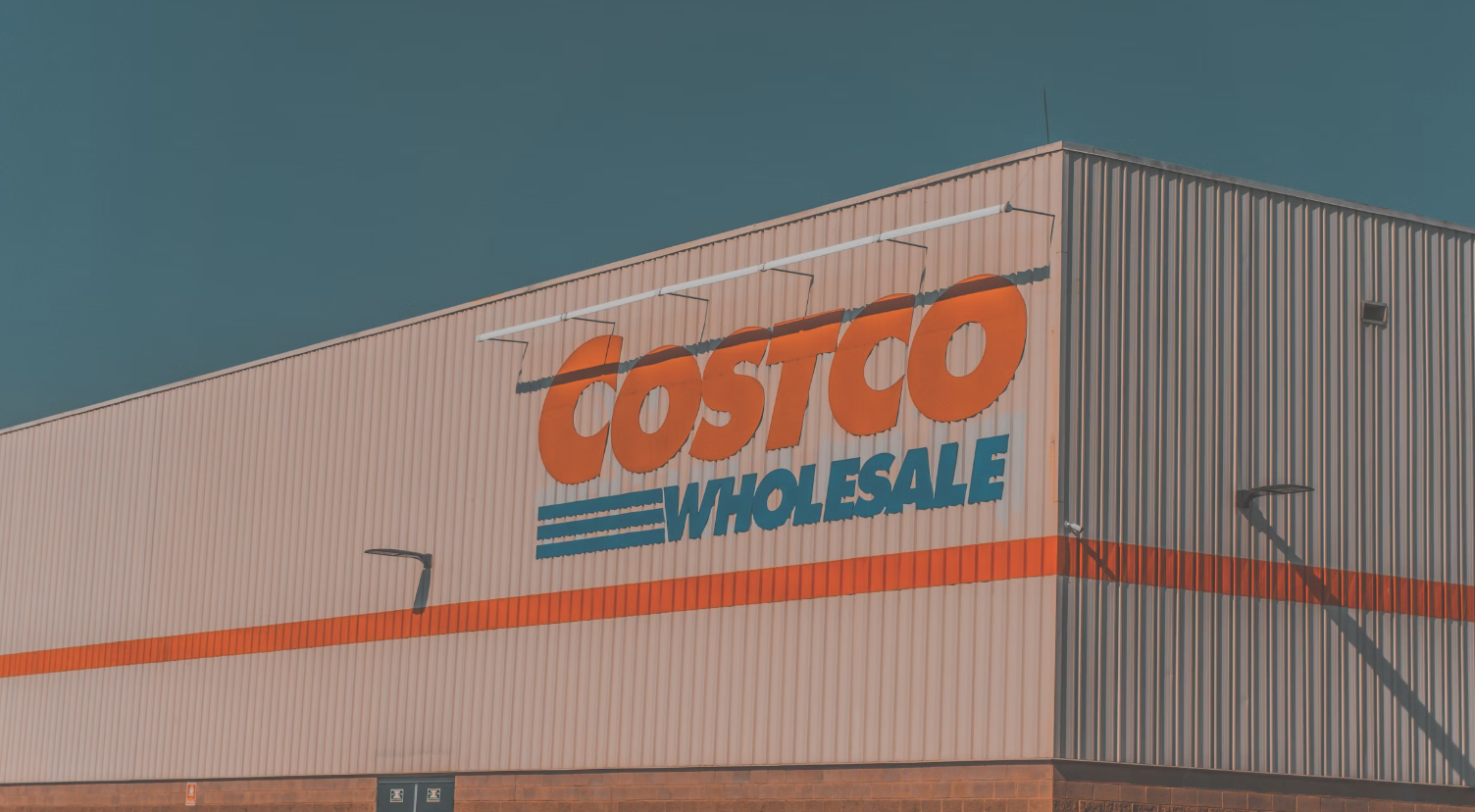11 Surprising Fast Fashion Brands to Avoid
.avif)
Join the community





Fast fashion brands sell their clothes at meager prices but these affordable clothes often come at a price. These brands use low-quality, synthetic materials that are easy to produce, but not so great for the planet or your wardrobe's lifespan.
Fast fashion companies also keep us in the dark about their working conditions or supply chains. While you would probably be aware of some big names like Zara, H&M, and Shein, they're not the only ones on the fast fashion brand list. Here are 11 other fast fashion companies that you should avoid:
UNIQLO
UNIQLO, a major Japanese fast-fashion retailer, has actively engaged in several human and labor rights violations. These include subjecting workers to unsafe working conditions, paying unfair wages, and perpetuating a toxic bullying culture in its factories and stores. In 2021, U.S. authorities blocked Uniqlo shirts at the border due to suspicions of their production of cotton from the Chinese Xinjiang region, an area notorious for forced labor cases. The Japanese brand also heavily relies on cheap synthetic materials, including rayon, polyester, nylon, and elastane in its clothes.
Mango
Mango, a Spanish fast fashion giant, has been under scrutiny for several ethical concerns. In 2013, after a garment factory in Bangladesh where Mango was manufacturing tragically collapsed, the company did not compensate the victims. In 2022, a report accused Mango of labor rights violations in Myanmar, including issues like forced overtime, poor wages, and unreasonable productivity targets.
{{cta-join3}}
ASOS
ASOS, a British online-only retailer, drops up to 7,000 new products and styles every week to keep pace with the latest trends. This fast fashion model has drawn flak for the often disappointing quality of its products. Although the brand has made bold claims about reducing its carbon footprint, tangible progress remains to be seen. Its "Responsible Edit" collection, a supposed nod to sustainability, was quietly shelved in 2022, raising suspicions of greenwashing. The most alarming issue, however, is the use of child labor in its supply chain, a practice that’s probably still ongoing.
GAP
Since 1969, GAP has been a big player in global fashion, known for its affordable style. To maintain that, it uses cheap materials that contribute to the mountains of waste in our landfills. GAP's pursuit of low production costs has led it to work with overseas suppliers who have a track record of labor abuses, including low wages and poor working conditions. Despite these serious accusations, GAP has been pretty tight-lipped about where its materials come from or whether it's made any real progress in improving working conditions.
Abercrombie & Fitch
Abercrombie & Fitch, a well-known fashion brand, has actively engaged in discrimination, poor environmental practices, and sexual harassment. The brand has faced multiple lawsuits over the years due to its unethical organizational practices. Despite publishing a list of factories it is working with, the company has not provided evidence of any third-party audits to monitor working conditions. The brand's failure to sign the new Bangladesh Accord on workers’ safety in 2021 has also raised concerns about its commitment to labor rights.
Primark
Primark, a major European fashion retailer, has faced serious ethical issues due to its outsourcing practices. The brand's lack of control over outsourced manufacturing has led to poor working conditions for garment workers. Primark's connection to the Rana Plaza Collapse, the deadliest garment factory disaster in history, and the discovery of "SOS" messages in its clothing from Chinese inmates, further highlight these issues. Despite Primark's Code of Conduct, these incidents raise doubts about the enforcement of fair wages and safe working conditions in its supply chain.
GUESS
GUESS, an American designer clothing brand founded in 1981, is extremely popular around the world. Although it has created a more sustainable clothing line made with eco-friendly fabrics such as linen, Tencel, organic cotton, and recycled materials, these fabrics often make up a very small percentage of the entire garment. Despite certifications from Sedex, WRAP, and BSCI, it's uncertain if GUESS ensures fair living wages for all its workers. The brand's reputation is also marred by accusations of sexual harassment and assault by one of its founders, which were allegedly ignored by the company until 2023.
Old Navy
In 2013, accusations surfaced against Old Navy, a fast-fashion brand under Gap Inc., suggesting they were involved with factories employing girls as young as 12. Some of these factories reportedly subjected workers to beatings and fired pregnant women or made them work over 100 hours per week. Despite these claims, Old Navy's supply chain isn't certified by any labor standards, making it tough to know if these practices have ceased. Their Fashion Transparency Index score for 2021 was a mere 49%. There’s also a petition on Change.org urging them to clean up their act when it comes to labor and sustainability issues.
American Eagle
American Eagle Outfitters, born in the fast-fashion boom of the 1970s, hasn't had the smoothest journey. With a Fashion Transparency Index score of just 1, they've been called out for using sandblasting in jeans production, a hazardous practice leading to health issues like silicosis. Reports from Global Labor Justice paint a grim picture of worker conditions, with unionizing attempts often met with dismissals. Despite some nods towards sustainability, like their organic cotton jeans collection, the brand's accountability remains questionable. While they aim for carbon neutrality by 2030, their progress is shrouded in mystery, landing them among the worst in Remake's 2021 report.
Aeropostale
Aeropostale, the American fast-fashion hub for teen fashion, has a troubling backstory. Reports indicate they've built their empire on sweatshop labor, with factories in countries like Vietnam and Sri Lanka, where child labor is sadly prevalent. Despite ongoing accusations and petitions, the company hasn't offered any proof to refute these claims or disassociate from these manufacturing sites. Additionally, their reliance on unsustainable fast fashion practices, coupled with a lack of investment in lower-impact materials, paints a grim picture of their environmental footprint. There's no sign of efforts to safeguard biodiversity or curb the use of hazardous chemicals in their manufacturing processes.
Anthropologie
Anthropologie, an American brand known for its elegant collections, operates over 200 stores worldwide. Despite its reach, the brand's environmental and ethical practices raise concerns. It makes limited use of eco-friendly materials and has not demonstrated significant efforts to reduce its climate impact or eliminate hazardous chemicals. Furthermore, while some of its supply chain is certified by ethical trade audits, it scores low on the Fashion Transparency Index. There is also no evidence that Anthropologie ensures the payment of a living wage to its workers. This lack of prioritization on worker welfare and environmental sustainability is at odds with the brand's adventure-inspired image.












